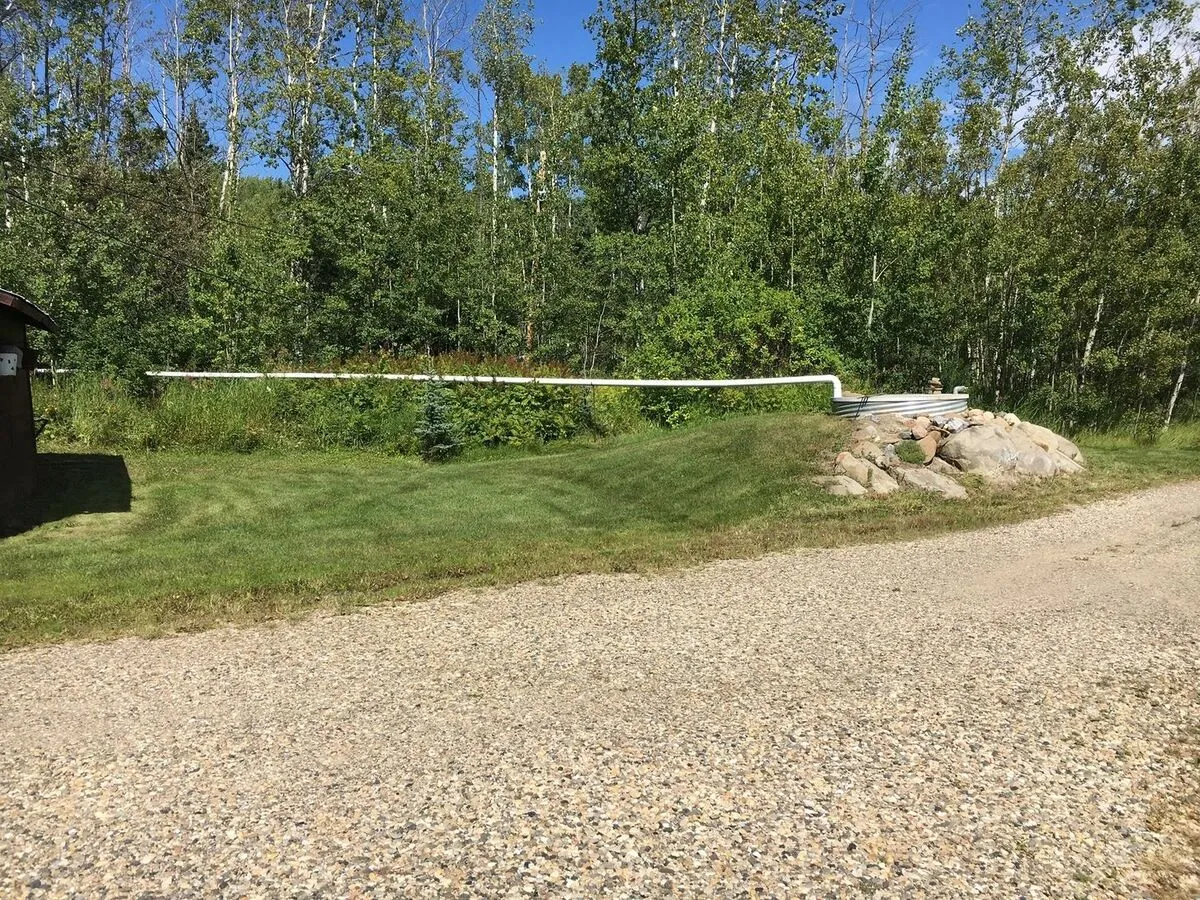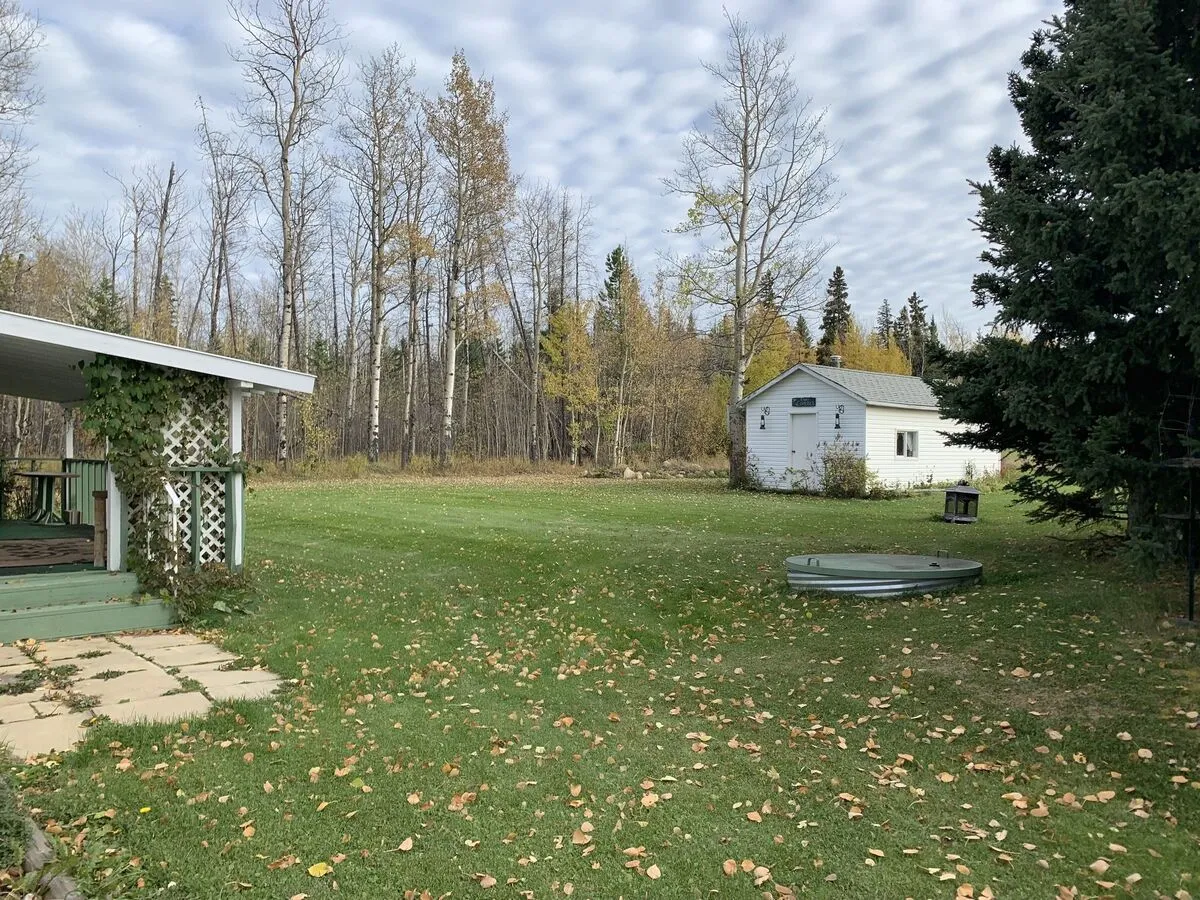Rural properties have many benefits – privacy, space, and freedom being just a few. But if you are used to living in an urban center there are other differences you may not be aware of – water systems are one of them. If you are outside of city limits, you will not be hooked up to city water. Nyla LePine, a REMAX agent in Dawson Creek, understands rural living and will help you understand exactly what you are getting into when you choose rural living.
Many prospective buyers are surprised by the water sources of rural homes in the Dawson Creek area. Today we are going to look at cisterns. What they are. How to use them. And how to maintain one.
What is a cistern?
A cistern is a large vessel (often a tank) used to hold a reserve of water. Many homes in rural or dry areas have cisterns as a back-up water supply. In some areas, cisterns are used as the primary water source for a household. They come in a range of sizes and are made from a variety of sturdy, waterproof materials. On a large scale, a cistern provides enough water storage to serve your family for an extended time. On average you will find 2000 gal cisterns that can store enough water to serve the needs of an average-sized family for up to 4-6 weeks.
How are they used?
Some cisterns are gravity-fed and collect rainwater through an open top. The pull of gravity sucks the water into pipes directed to the home or an irrigation system. The rate of flow can be controlled using valves or increased with the help of a pump.
Often when used for home use, a large cistern is located below ground. Setting up a gravity-fed cistern below ground is challenging, so it is more likely a pump will be used. The cistern will have filters that clean the water before it reaches your taps. To check that the water is safe to drink, it is wise to regularly have the water tested. If solely used for irrigation, it is unnecessary to install filters.
On a small scale, collecting water for your cistern via rain or an an-site well may be sufficient, but in many cases, it is necessary to have water trucked in from a municipal source. This is the most popular option as the water comes from a treatment plant. Contact Nyla today to get connected with a local water hauling company that can help keep your taps flowing with clean, safe water.
How do I maintain a cistern?
Cistern water should be checked twice weekly using test strips or a chlorine test kit to ensure it is safe for consumption. At least a couple of times a year you should have the cistern water sampled to ensure there are no harmful bacteria present.
You should also visually inspect the ground surrounding your cistern regularly to make sure no roots are threatening to invade the area, or other problems occurring. You can inspect the access lid to make sure it is snugly closed and look inside the cistern for evidence of dirt, insects, or rodents. If you think there may be a problem, you should ask a professional. Call Nyla to locate qualified personnel.
Read more tips on rural homeownership on Nyla’s blog.
Find current homes for sale in the rural Dawson Creek area by checking out Nyla’s listings.


